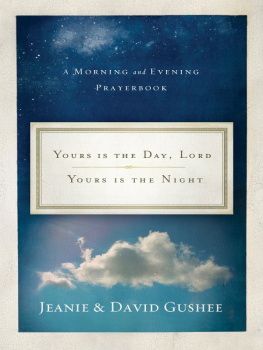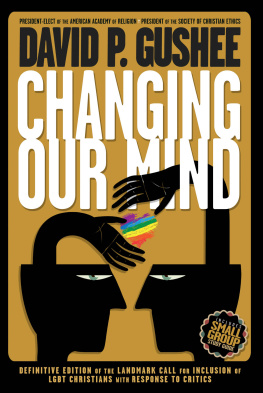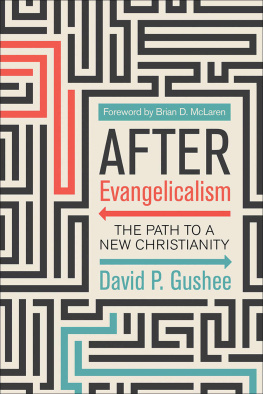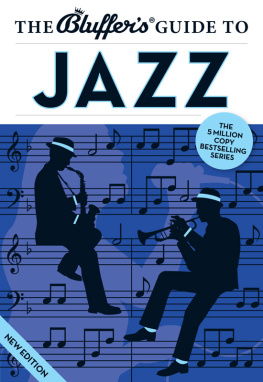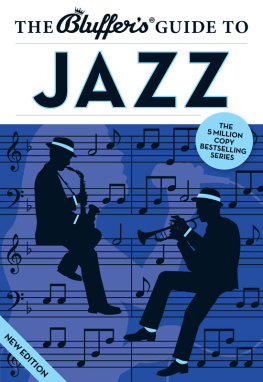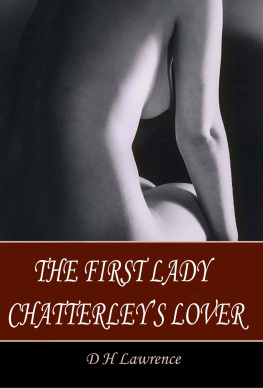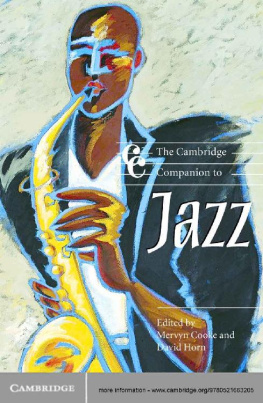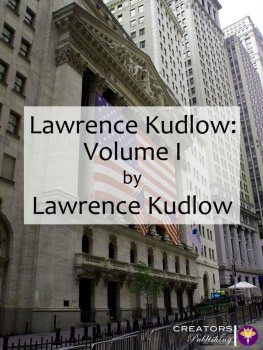Lawrence Gushee - Pioneers of Jazz
Here you can read online Lawrence Gushee - Pioneers of Jazz full text of the book (entire story) in english for free. Download pdf and epub, get meaning, cover and reviews about this ebook. year: 2005, publisher: OxfordUP, genre: Home and family. Description of the work, (preface) as well as reviews are available. Best literature library LitArk.com created for fans of good reading and offers a wide selection of genres:
Romance novel
Science fiction
Adventure
Detective
Science
History
Home and family
Prose
Art
Politics
Computer
Non-fiction
Religion
Business
Children
Humor
Choose a favorite category and find really read worthwhile books. Enjoy immersion in the world of imagination, feel the emotions of the characters or learn something new for yourself, make an fascinating discovery.

- Book:Pioneers of Jazz
- Author:
- Publisher:OxfordUP
- Genre:
- Year:2005
- Rating:3 / 5
- Favourites:Add to favourites
- Your mark:
- 60
- 1
- 2
- 3
- 4
- 5
Pioneers of Jazz: summary, description and annotation
We offer to read an annotation, description, summary or preface (depends on what the author of the book "Pioneers of Jazz" wrote himself). If you haven't found the necessary information about the book — write in the comments, we will try to find it.
Pioneers of Jazz — read online for free the complete book (whole text) full work
Below is the text of the book, divided by pages. System saving the place of the last page read, allows you to conveniently read the book "Pioneers of Jazz" online for free, without having to search again every time where you left off. Put a bookmark, and you can go to the page where you finished reading at any time.
Font size:
Interval:
Bookmark:
Pioneers of Jazz

Frontispiece: Front row, left to right: Ollie Dink Johnson, James Palao, Norwood Williams. Back row: Eddie Vincent, Fred Keppard, George Baquet, Bill Johnson. [Palao family scrapbook]
The Story of the Creole Band
Lawrence Gushee


Oxford University Press, Inc., publishes works that further
Oxford Universitys objective of excellence
in research, scholarship, and education.
Oxford New York
Auckland Cape Town Dares Salaam Hong Kong Karachi
Kuala Lumpur Madrid Melbourne Mexico City Nairobi
New Delhi Shanghai Taipei Toronto
With offices in
Argentina Austria Brazil Chile Czech Republic France Greece
Guatemala Hungary Italy Japan Poland Portugal Singapore
South Korea Switzerland Thailand Turkey Ukraine Vietnam
Copyright 2005 by Lawrence Gushee
Published by Oxford University Press, Inc.
198 Madison Avenue, New York, New York, 10016
www.oup.com
First issued as an Oxford University Press paperback, 2010
Oxford is a registered trademark of Oxford University Press
All rights reserved. No part of this publication may be reproduced,
stored in a retrieval system, or transmitted, in any form or by any means,
electronic, mechanical, photocopying, recording, or otherwise,
without the prior permission of Oxford University Press.
Library of Congress Cataloging-in-Publication Data
Gushee, Lawrence.
Pioneers of jazz : the story of the Creole Band/by Lawrence Gushee.
p. cm.
Includes bibliographical references and index.
ISBN 978-0-19-973233-3
1. Original Creole Orchestra. 2. Jazz musiciansLouisianaNew OrleansBiography. I. Title.
ML421.072G87 2004
785.216506076335 dc22 2004007643
987654321
Printed in the United States of America
on acid-free paper
To the memory of two Bills
William Manuel Johnson,
who lived it,
and William Russell,
who knew it was important
LONG OVERDUE THANKS to a maternal aunt for giving me, ca. 1943, a bunch of old records from the 1920s, including at least one by the Original Memphis Five. (I think I still have it someplace or other.) Be that as it may, I soon developed an interest in recorded jazz, by Benny Goodman, Duke Ellington, Louis Armstrong, and eventually a host of others. In high school I frequently made trips to the junk shops on Philadelphias South Street, the main stem of the African-American community, and from time to time found recordings from the 1920s that tickled my fancy. For this I had only the guidance of The Jazz Record Book, Orin Blackstones Index to Jazz, and the Record Changer. About the same time I received as a prize a copy of Jazzmen and also bought regularly Metronome, Down Beat, the Record Changer, and the under-appreciated Jazz Record. Far too young to be allowed into saloons or night clubs, I was nonetheless privileged to hear in person some of the oldest active jazz musiciansborn before the turn of the centuryincluding Sidney Bechet, Baby Dodds, and Bunk Johnson at Sunday afternoon concerts in the Academy of Music (fancy that!). All of this inclined me to appreciate the older jazz, although I alsothanks to Metronome bought some of the earliest bebop recordings. Of course, wise after the fact, I now see clearly that in 1947 I should have been spending my afternoons with George Baquet rather than reading books and looking for old records.
After college and a couple of years of military service, I studied music theory and clarinet performance for some months in New York, and my apartment mate of the time won at auction a barely played copy of Doc Cooks Spanish Mama with its wonderful breaks by Freddie Keppard. It convinced me that the clich that Keppards few records were made when he was past his prime was pure hogwash. Be that as it may a few months later I was enrolled in a program of general musicological studies, where I eventually found a use for my schoolboy Latin by studying the music of the Middle Ages. As distant as this seems from the present undertaking, I owe to Leo Schrade some un derstanding of historical scholarship and the manner of interpreting documents that remain valid no matter the subject. So far as jazz went, I did no research but kept my hand in by playing clarinet and saxophone on a semiprofessional basis, then began to write jazz record reviews, most notably in the idealistic and short-lived Jazz Review. (These were mostly of contemporary or modern jazz.) Jazz was pigeonholed in a quite different part of my brain than other kinds of music, a state of affairs that persisted until 1978, when I was commissioned by Martin Williams, then of the Smithsonian Institution, to write liner notes for a reissue of the extant recordings of Freddie Keppard (and some that werent by him, despite my attempts to persuade Martin to cut them).
There were so many loose ends regarding Keppard in those notes, especially his career with the Creole Band, that I found it impossible to close the file. During one of my first research trips to New Orleans in the late 1970s, Dick (Richard B.) Allen told me that a daughter of James Palao, the leader of the band, was living in Chicago. This was exciting news and I lost no time in making contact with Clotile Palao Glover (later Wilson), who introduced me to her ninety-plus-year-old mother, Armontine Carter Palao. Some of the information they shared with me was priceless because it was entirely personal. Little had to do with music or vaudeville, and often they learned things from me that were quite new to them. Be that as it may, these warm and generous people emboldened me to think that perhaps there was enough out there to write more than a short article or two.
Around 1980, German blues and jazz researcher Karl Gert zur Heide passed on to me third-hand photocopies of notes of a 1959 interview with the bassist and manager of the band, William Manuel Johnson. These notes cast so much light on the Creole Band that it now seemed that something more than a short article or two might truly be doable. At least it was enough to justify applying to the Guggenheim Foundation for a grant; this was viewed with favor. With both time and money (enough to buy the groceries and do some traveling) at hand, I drew up a battle plan and also continued to read extensively in both the general and theatrical newspapers of the time in order to establish a reliable itinerary. Proceeding at what seems to me now to have been a snails pace, I wrote in 1987 a draft of an article dealing with the initial or pre-stages of the Creole Band. This was read at a national conference on black New Orleans music organized by Samuel A. Floyd, and was subsequently published in the journal of the Center for Black Music Research of Columbia College, Chicago. Over the next few years materials slowly accumulated until by 1996 it seemed time (high time!) to begin to write.
To those on the outside, it sometimes seems that a college professor has limitless time for esoteric research. This is very far from the truth, thus any research support, however small, is precious. The Research Board of the University of Illinois, in addition to some material assistance for research trips, has also over the years funded a number of graduate research assistants: Rob Bird, Rebecca Bryant, Michael Corn, Ted Solis (I wonder if they ever thought a book would result from the sometimes bizarre tasks assigned to them) who helped with data entry and the ordering of newspapers on microfilm.
Next pageFont size:
Interval:
Bookmark:
Similar books «Pioneers of Jazz»
Look at similar books to Pioneers of Jazz. We have selected literature similar in name and meaning in the hope of providing readers with more options to find new, interesting, not yet read works.
Discussion, reviews of the book Pioneers of Jazz and just readers' own opinions. Leave your comments, write what you think about the work, its meaning or the main characters. Specify what exactly you liked and what you didn't like, and why you think so.


